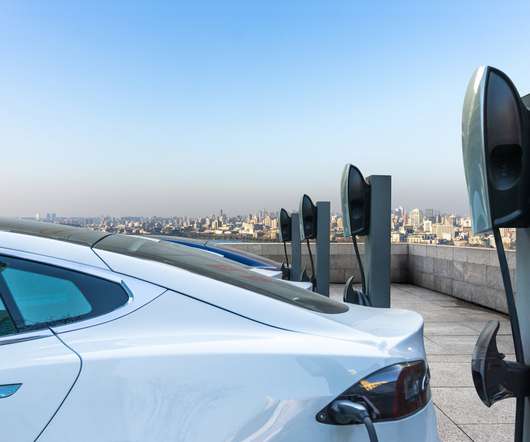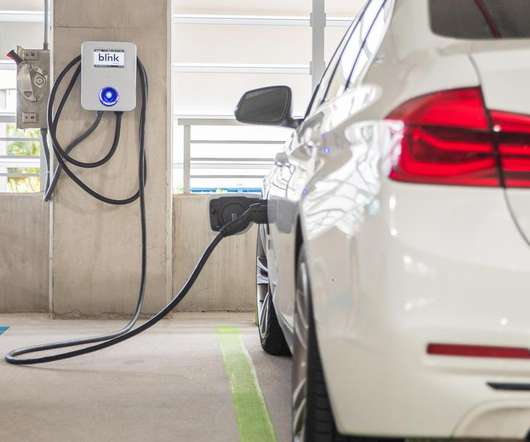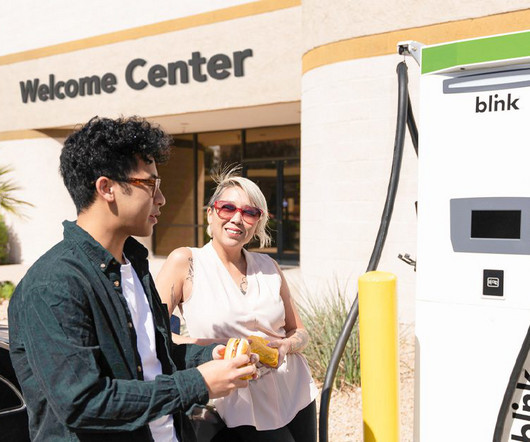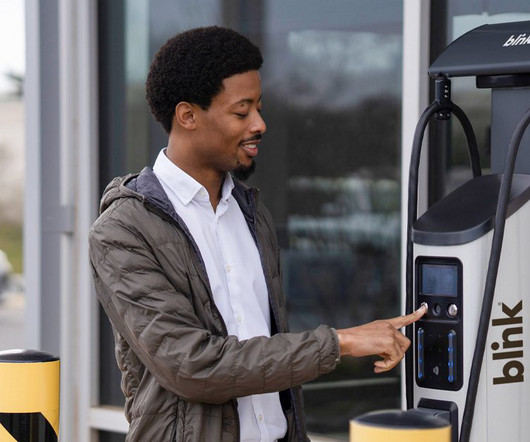Your Guide to Electric-Vehicle Charging-Station Tax Credits
EV Connect
AUGUST 2, 2021
And thanks to a variety of tax credits and incentive programs, the barrier to entry may be lower than you think. On the federal, state and local levels, there are a plethora of tax credits for installing electric-vehicle charging stations. Some type of incentive program is available in 44 states and Washington, D.C. ,













Let's personalize your content